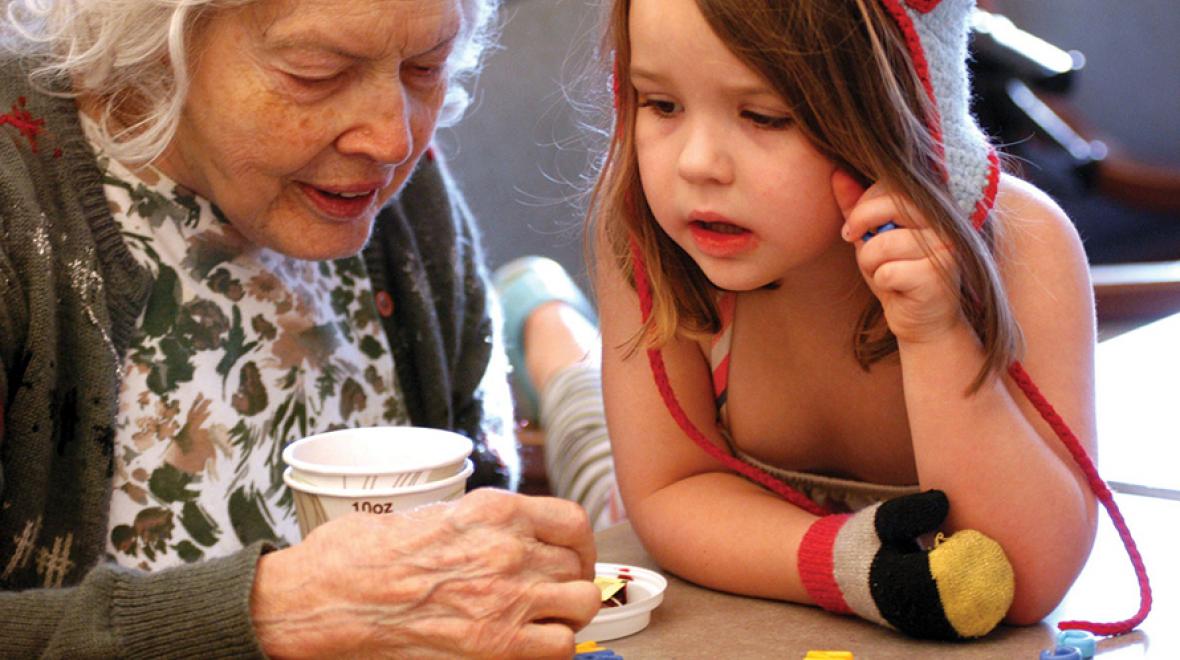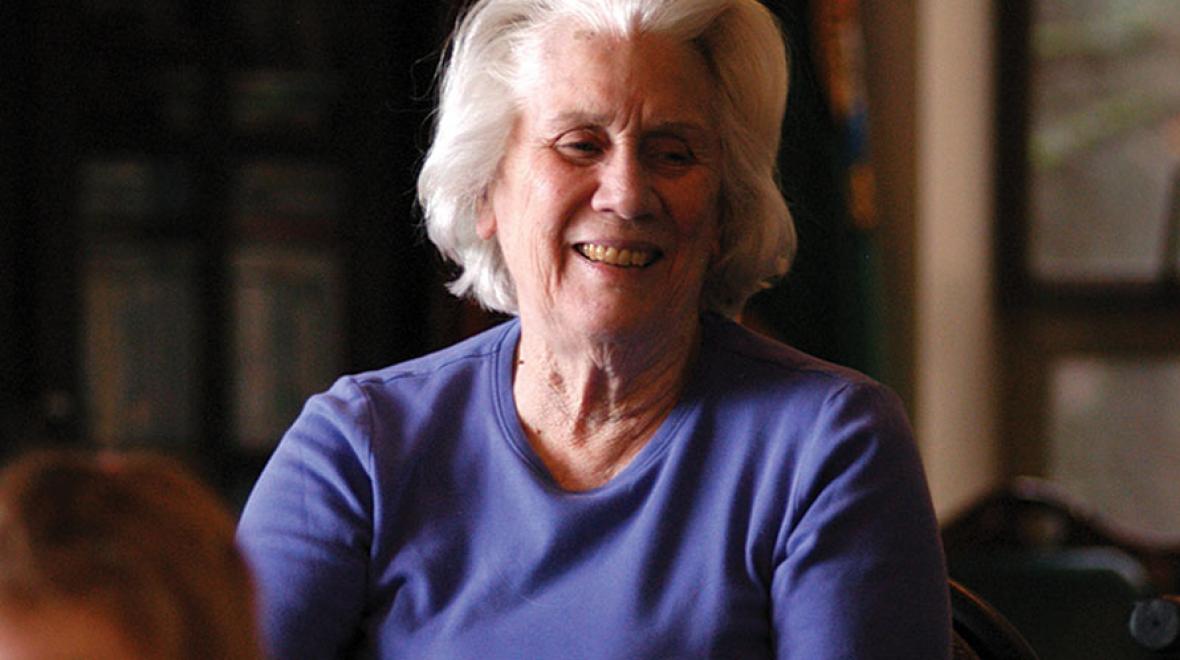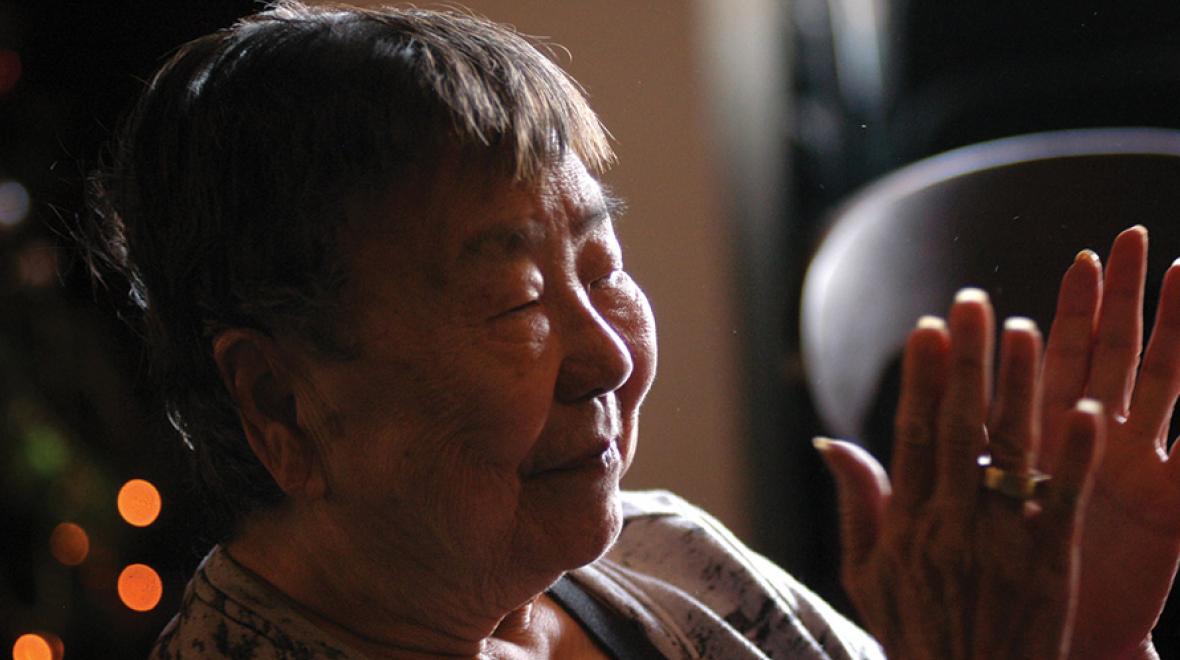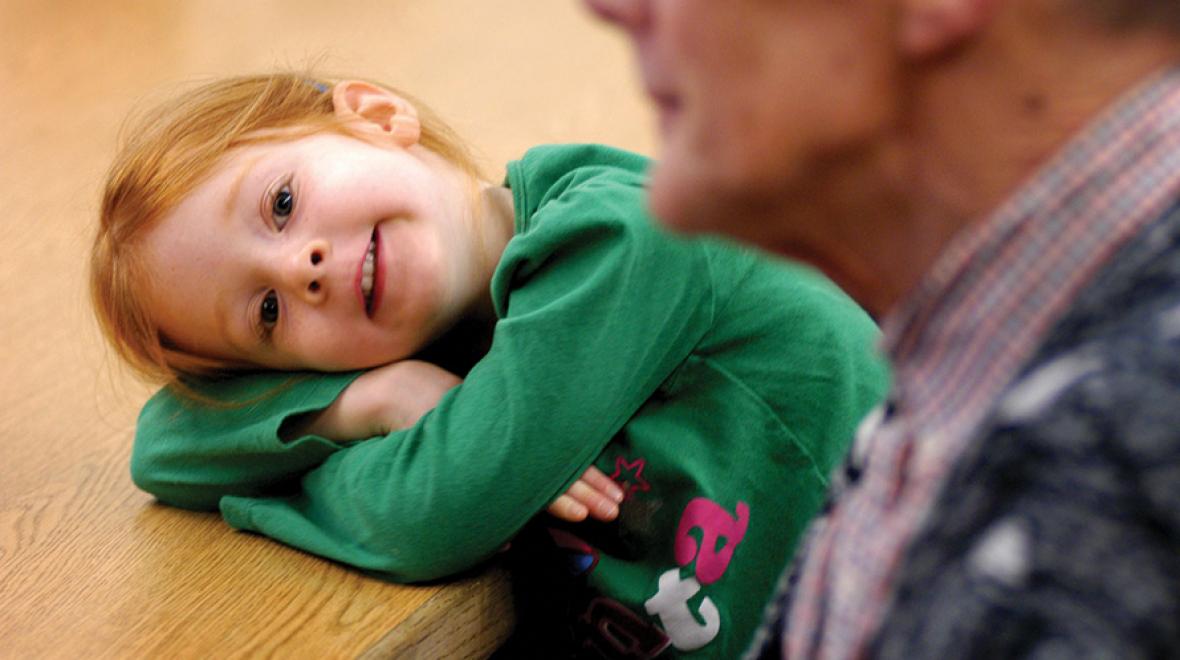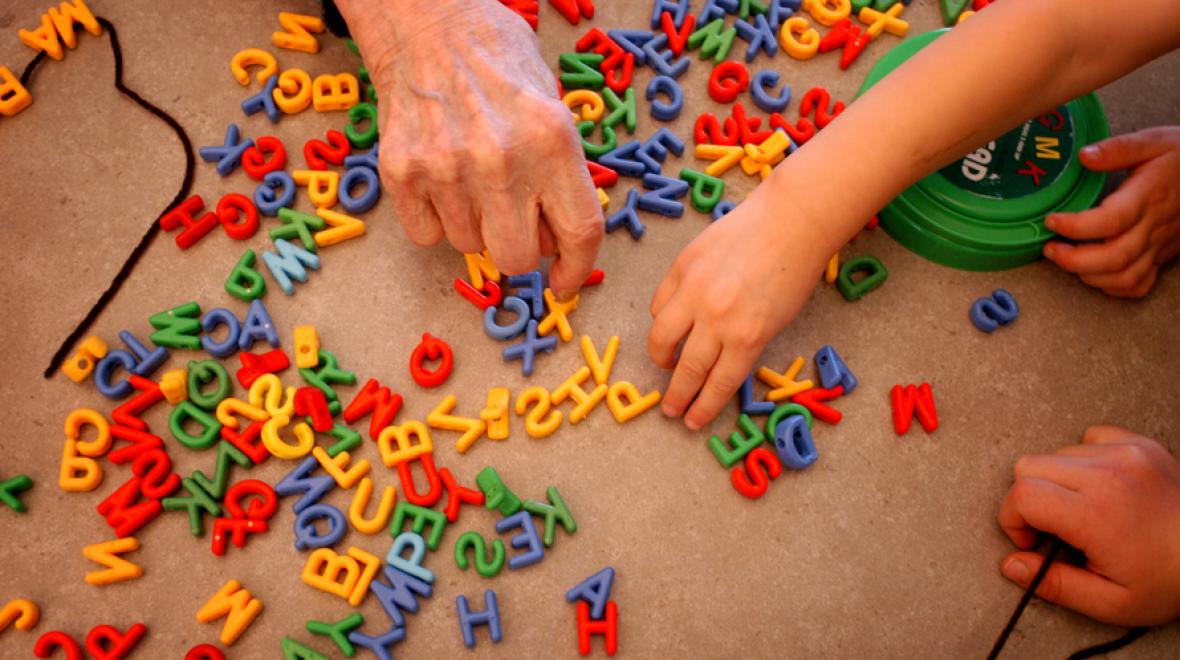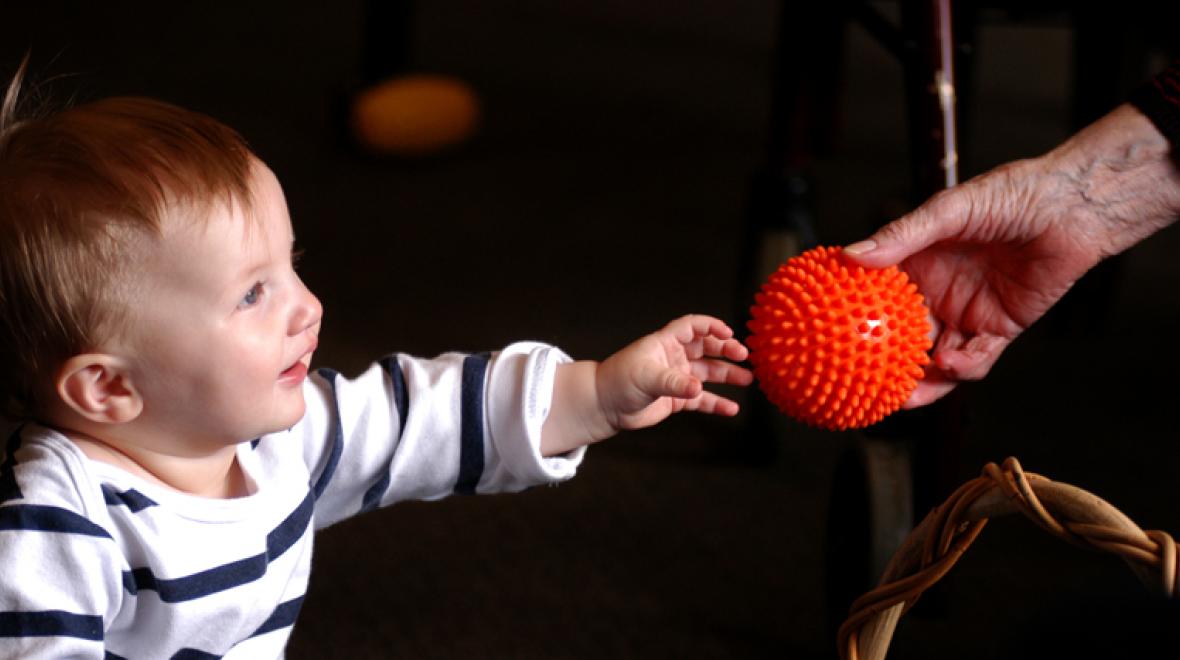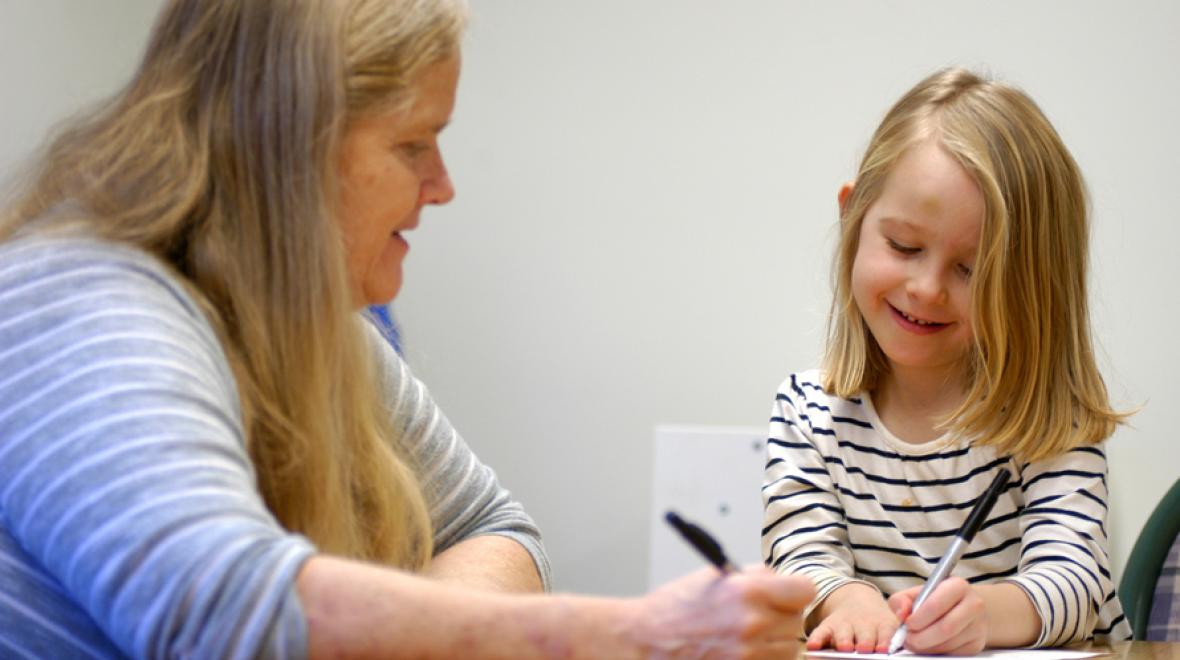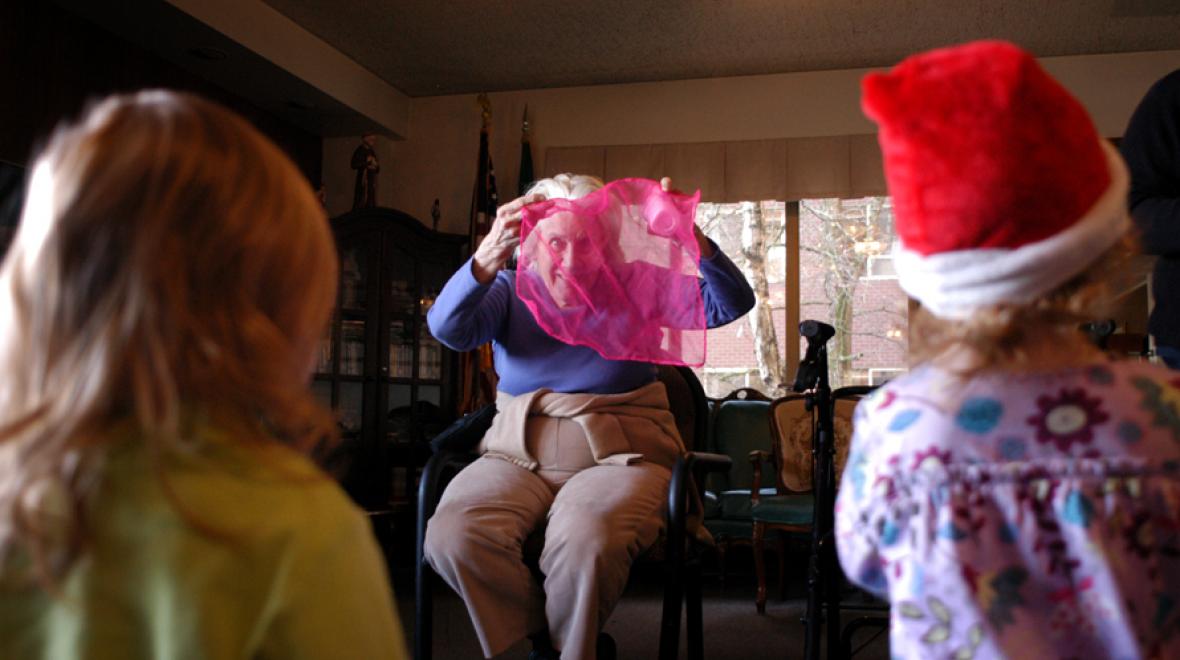A few years ago, a young boy changed an old man’s life. While visiting a senior care living community in West Seattle, the child crawled up into the lap of the elderly resident. Instinctively, the man put his arm around the boy to secure him in place — an arm the man hadn’t been able to move in years.
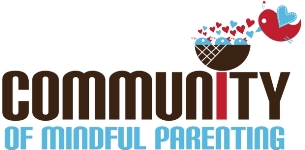
Such magic is commonplace at this West Seattle child care center. Called the Intergenerational Learning Center (ILC), this licensed center cares for 125 children who interact with the elderly residents of Providence Mount St. Vincent, which is in the same building. The age of the children: between 6 weeks and 5 years old. The average age of the residents? Ninety-two.
“The Mount,” as staff and residents call Providence Mount St. Vincent, has 109 assisted living apartments, a 58-bed transitional care unit and an international reputation as a prime example of what industry insiders call “resident-directed care.” The Mount’s success may have something to do with the pitter-patter of little feet that seem to fill every room.
ILC children and teachers can go anywhere in The Mount for activities and visits with residents, and each class has six scheduled weekly visits planned with a group of residents. Residents are also welcome to drop by the ILC for time with the children throughout the week.
The goal is simple, says ILC director Marie Hoover.
“Caring for one another is central to the mission, whether you live here, work here or spend the day with us,” she says. “There is nothing more important.”
The idea behind ILC came about 25 years ago after the administration of The Mount realized that its vibrant community was missing something: the joy of children.
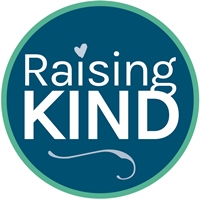
A staff member suggested they establish a child care program that would integrate both residents and children on a daily basis. The ILC opened its doors in September 1991 with a first class of 12 children.
Soon, The Mount’s staff noticed changes in the emotional and physical welfare of the residents; they were more engaged and active when the children came through. Hoover says she’s seen that change firsthand.
“In a 30-year career working with vulnerable populations, I’ve witnessed the impact of chronic isolation on people from all walks of life,” Hoover says. “The meaningful moments of connection that are created between the children and residents bind us as a community, and we all reap the benefits.”
One particular benefit: Both the young and the elderly tend to live “in the moment.” Small children often find satisfaction in short-lived activities, while residents who have dementia or Alzheimer’s disease often find a sense of comfort interacting with the kids in such a short, time-specific manner.
“There is a sense of joy and engagement just for the duration of that specific visit,” Hoover says. “You can see the increased liveliness on the faces of residents in the presence of the kids, whether there is a direct interaction or not.”
That liveliness isn’t limited to the residents. It’s not uncommon to see ILC kids get excited for their daily activities at The Mount. They’ve come to love these interactions with their much older friends, and parents often share stories about how their children have changed for the better, thanks to their time at ILC. One change Hoover often hears about: Children from ILC don’t hesitate to warmly greet elderly people in public places.
“Having the aging process normalized [is] just [one] of the benefits to the children,” Hoover says. Another? Having the “opportunity to share love with people who appreciate being in their presence.”
Typically, people hear about ILC by word of mouth, and the program has a long waiting list. That said, those interested in applying can call 206-938-6195 or email marie.hoover@providence.org. Newly accepted families are contacted in the spring and summer about openings for the fall.




